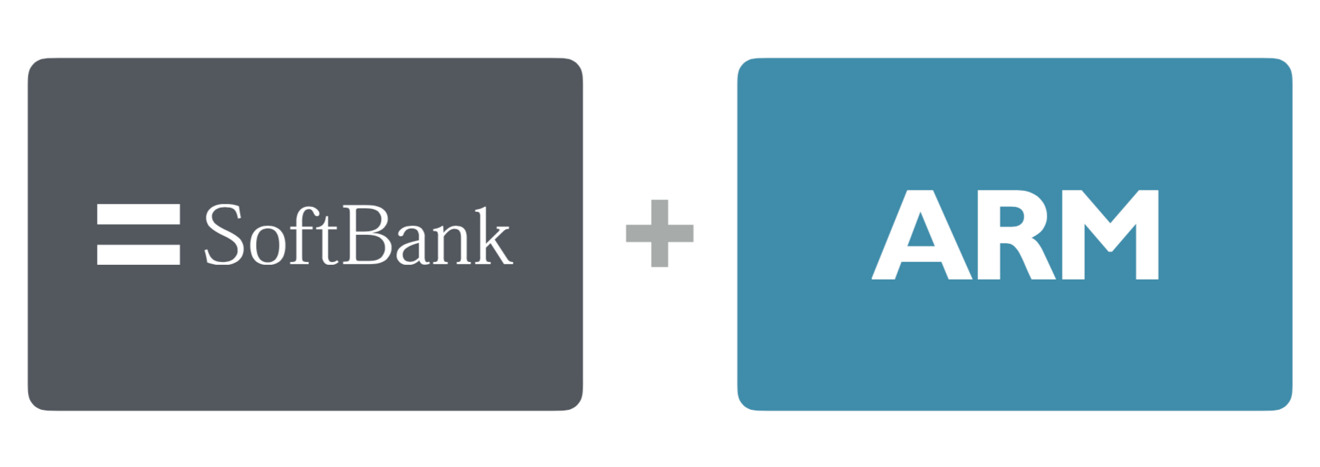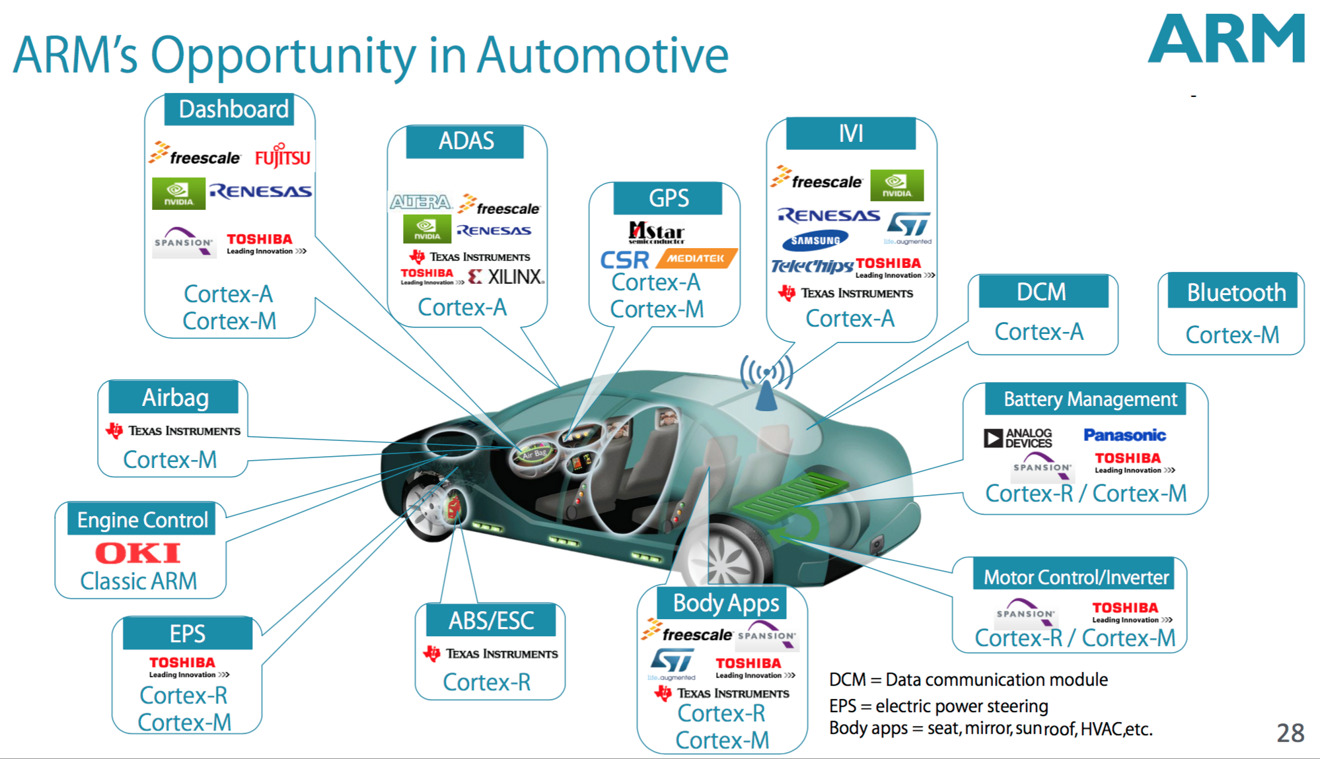In a massive deal valued at $32 billion, Japanese company Softbank announced on Monday that it will acquire ARM Holdings, the company that designs specifications for low-power mobile processors, including the A-series chips found in Apple's iPhone and iPad.
The deal is moving forward with unanimous support from both Softbank's board of directors, as well as ARM's management team. U.K.-based ARM will sell for £24 billion, with Softbank financing the deal through £16.7 billion cash on hand and £7.3 billion in the form of a loan.
Softbank also announced on Monday that it plans to double ARM's U.K. headcount over the next five years. It also intends to maintain ARM's neutrality and independence, which could suggest the deal won't affect ARM's ongoing relationship with Apple.
The agreed upon price is a premium of more than 40 percent over how investors had valued ARM prior to the announcement.
Apple's decision to use an ARM application processor, and not Intel chips, in the first iPhone in 2007 proved to be landmark decision that would shape the future of not only Apple, but the entire mobile industry. Since then, custom ARM-based designs have also been used to power the iPad, Apple TV and iPod touch.
In its announcement of the deal, Softbank touted not only ARM's profitability, but also its room for growth. In particular, Softbank said ARM processors have considerable opportunities to expand sales, particularly with "Internet of Things" connected devices, as well as the rapidly changing automotive industry.
ARM makes reference designs for low-power mobile processors. Apple takes ARM's chip knowhow and heavily customizes it to build its own unique A-series processors, with manufacturing duties handled by partners Samsung and Taiwan Semiconductor Manufacturing Company.
Apple's own chip designing prowess was kickstarted by the acquisition of silicon maker PA Semi for $278 million in 2008. The company's initial custom ARM System on a Chip, the A4 processor, debuted in the first-generation iPad in 2010.
 Neil Hughes
Neil Hughes



 Oliver Haslam
Oliver Haslam
 Thomas Sibilly
Thomas Sibilly
 Marko Zivkovic
Marko Zivkovic

 Wesley Hilliard
Wesley Hilliard
 Malcolm Owen
Malcolm Owen
 Andrew Orr
Andrew Orr



-m.jpg)






25 Comments
Wow! That's a high price to pay for a 'mature' business. Cars and many IoT devices will not be as energy-starved as smartphones, so the ARM advantage will be less important in the future than heretofore. Second, Apple inking its recent deal with Intel (for modems) cannot be a positive development for ARM, either. Intel will continue working on a chip that can replace the ARM processors in iPhone, and now Intel has an opportunity to work with Apple engineers on an ongoing basis.
"Apple takes ARM's chip knowhow and heavily customizes it to build its own unique A-series processors" Apple doesn't use ARM reference designs; The A-series aren't "heavily customized" processors based on "ARM's chip[s]." They're Apple's own design. Only the instruction set is ARM.
Sad times for the UK tech industry. :(